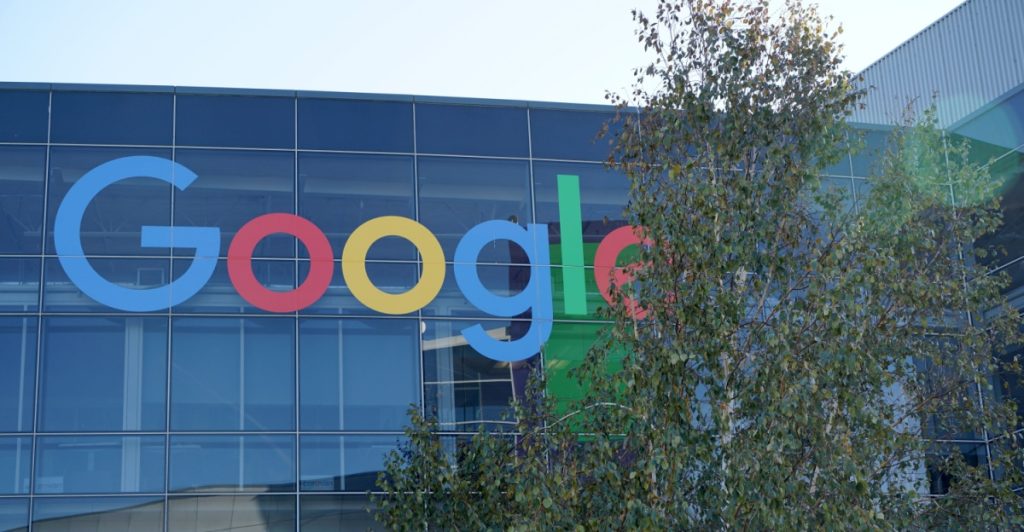Google is rolling out an entirely new search experience in Chrome, powered by artificial intelligence.
Others are reading now
Google is rolling out an entirely new search experience in Chrome, powered by artificial intelligence.
AI coming to Google

It’s no longer just about links and keywords, but personal conversations, suggestions, and ready-made answers.
Here are 10 ways the new AI-powered search engine is changing how you use the internet – and why you should understand it before it’s too late.
You get suggestions before you even ask

The AI recognizes patterns and intentions, suggesting what you might want to know before you’ve even formulated a question. Efficient, but perhaps a bit too intrusive?
Also read
Fewer links, more ready-made answers
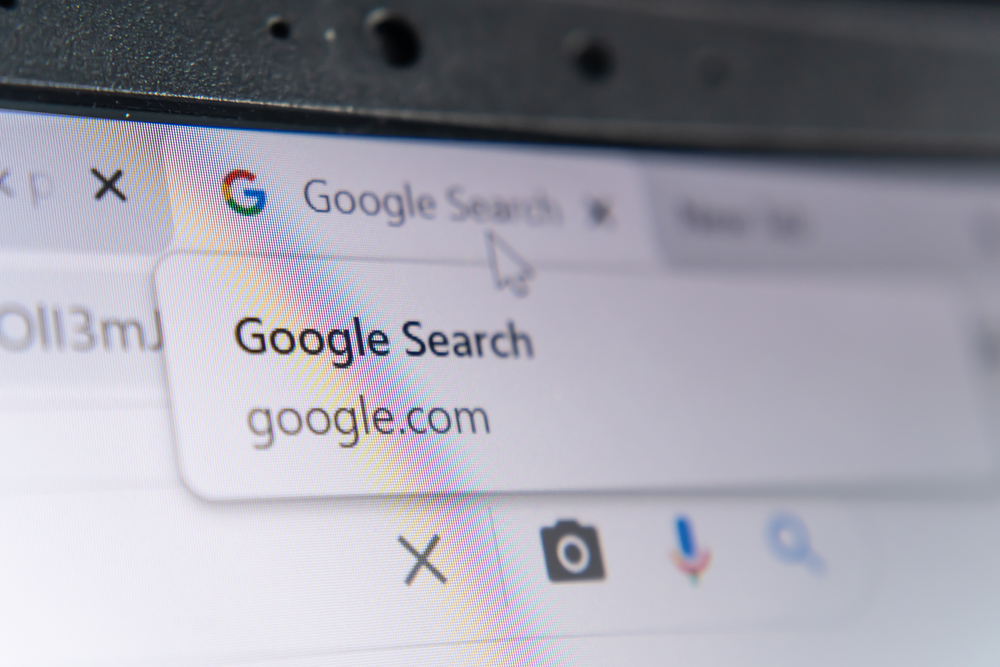
Search results are no longer just a list of web pages but pre-formulated answers – based on AI analysis of the sources.
Content is summarized for you
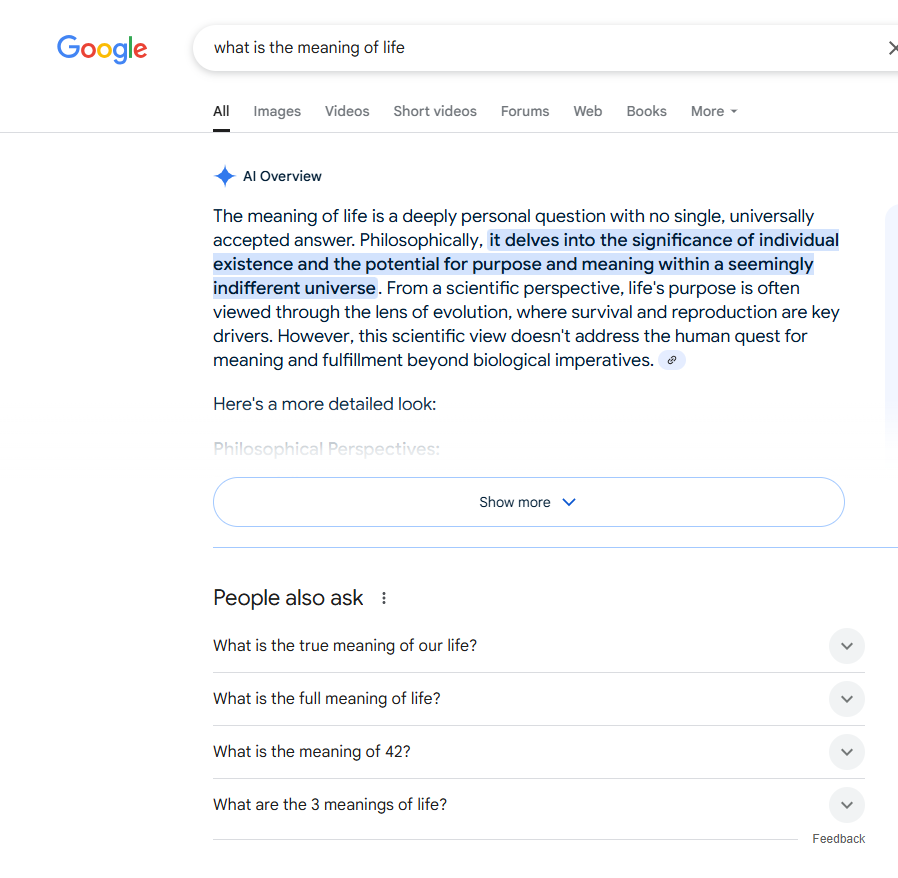
Instead of clicking through five pages, you get a summary of the most important points – directly in the search result.
You talk to the search engine

You can ask follow-up questions and clarify your needs, just like in a conversation. This results in more accurate answers.
The results become personalized
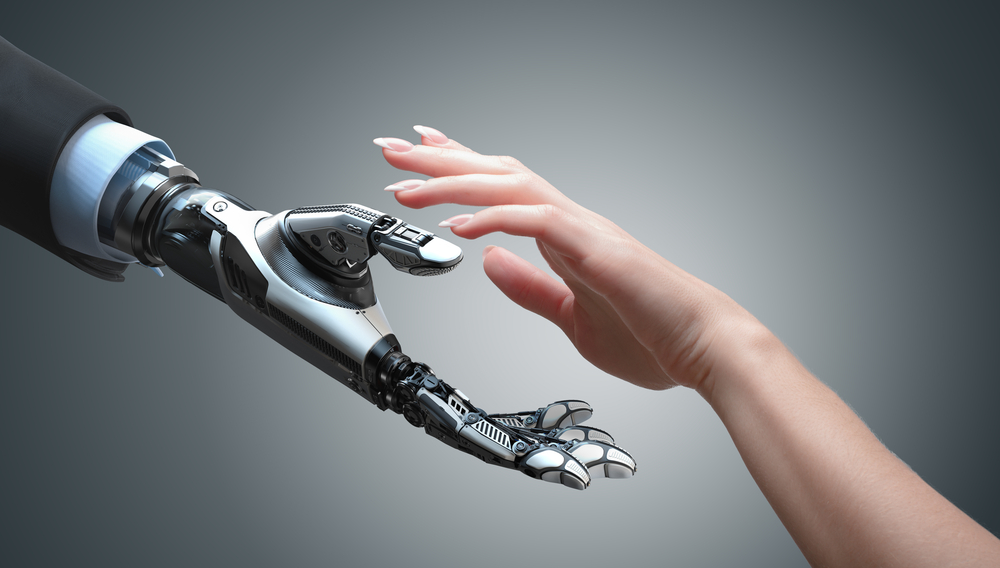
What you see on Google isn’t the same as what your neighbor sees. The AI considers your interests, previous searches, and location.
Old SEO tricks no longer work
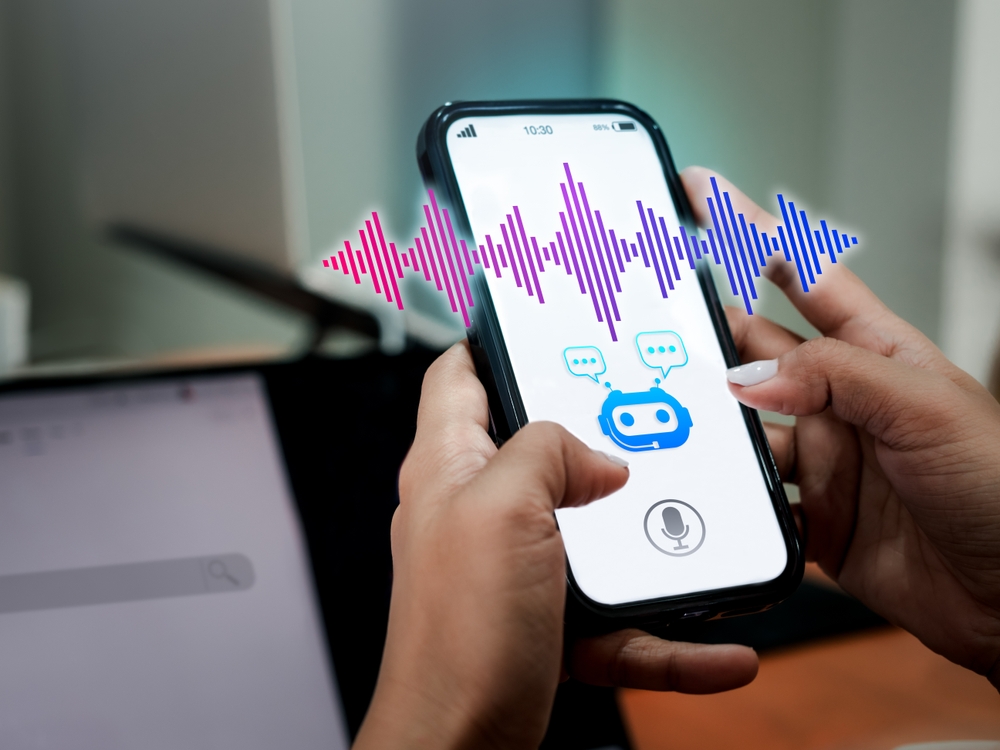
Pages that previously ranked high with keywords and structure fall behind if their content isn’t deemed useful by the AI.
You don’t have to write precisely
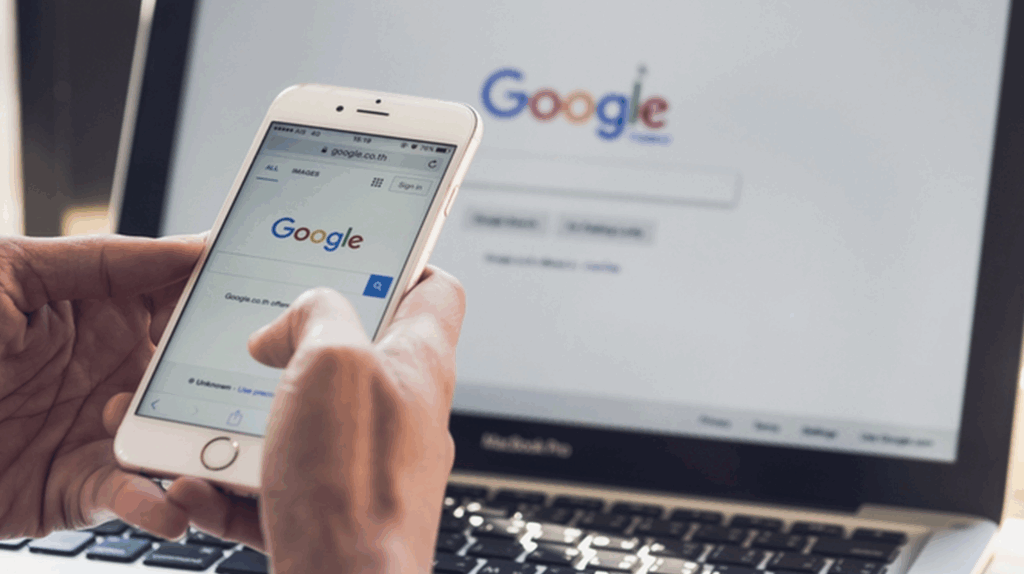
Write the way you think. The AI understands your intent, even if the phrasing is vague or conversational.
Ads become harder to distinguish

As AI blends answers and advertising, it becomes harder to see where commercial interests end and real information begins.
You trust a single answer – and stop checking alternatives

AI delivers one clear answer, and many take it at face value. This reduces critical search behavior and can lead to biased information.
Search becomes an assistant, not a tool
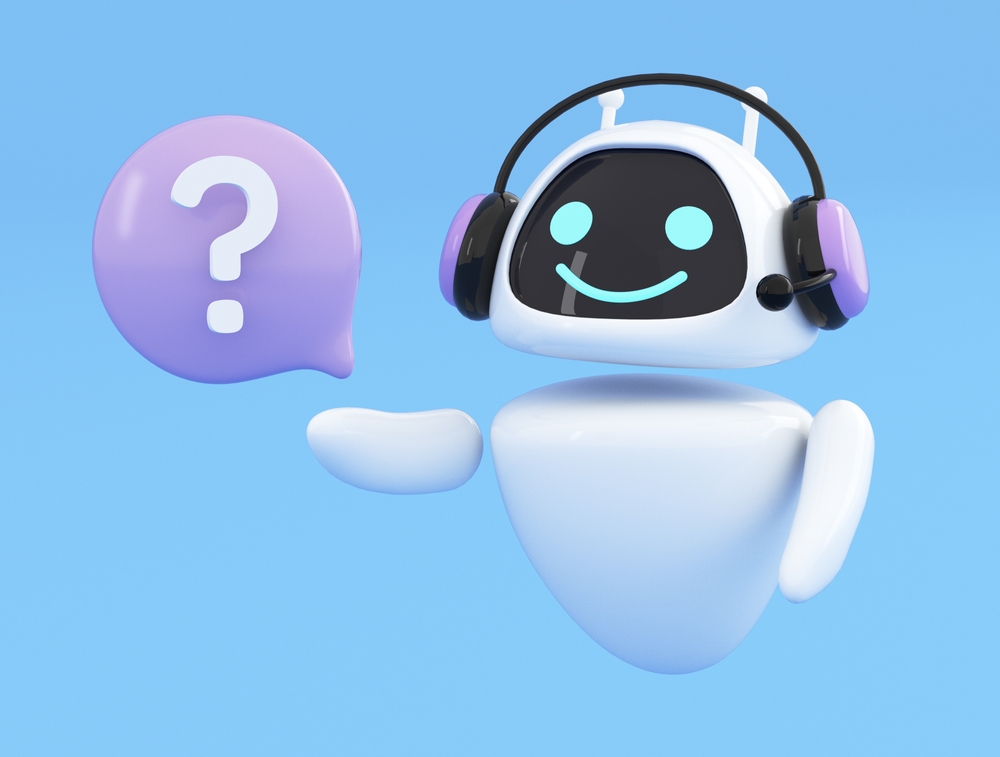
You start thinking less like an active user and more like a passive recipient. The question is no longer what you search for – but what the AI gives you.

